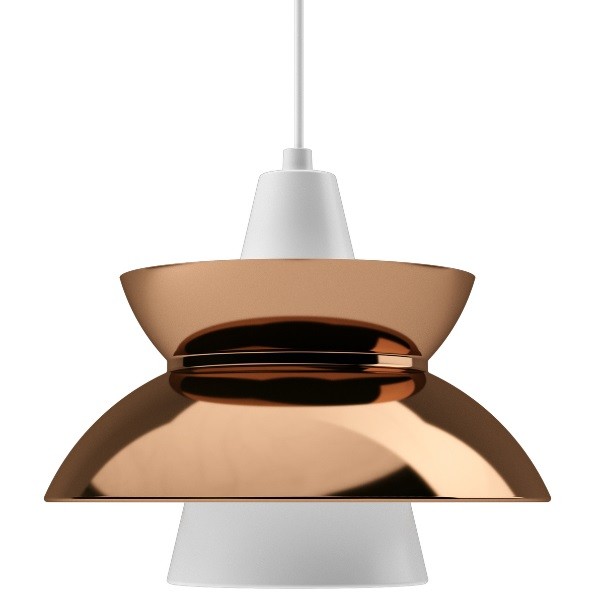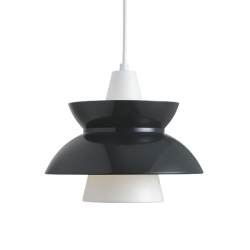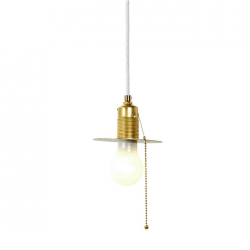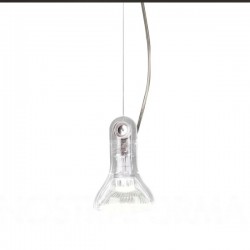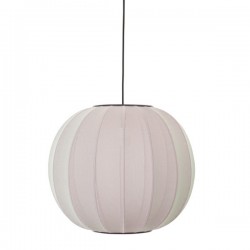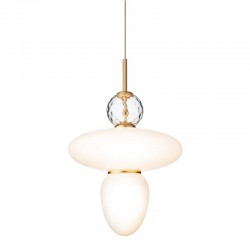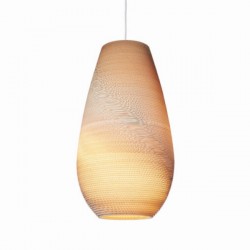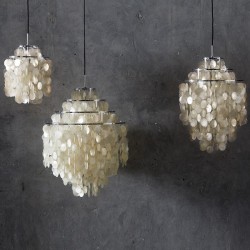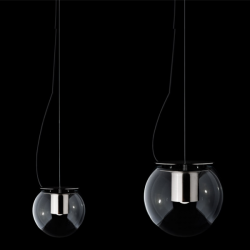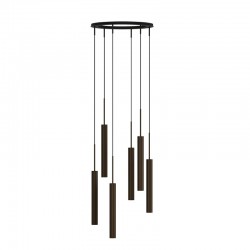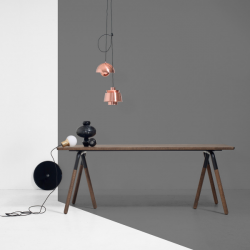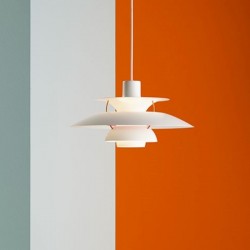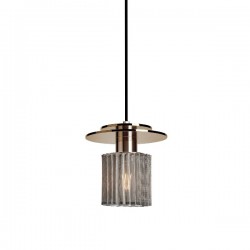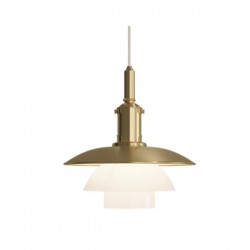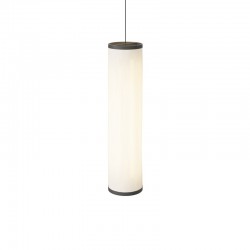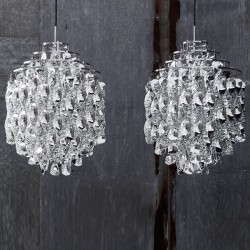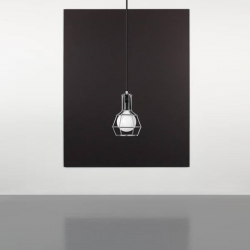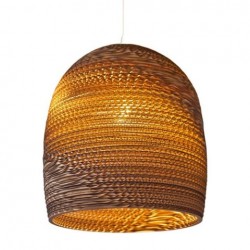Louis Poulsen Doo- Wop Pendant Light Metal
Design: Louis Poulsen A/S in cooperation with the Navy Buildings Department Concept:
The fixture primarily provides a downward directed soft light by means of the white lacquered inner conical reflector.
The outer reflector, the main shade, contributes to directing the light up- and downwards, while at the same time spreading the soft diffuse light.
The inside of the main shade is illuminated through an opening in the inner conical reflector.
Can't find it! We can supply all products from Louis Poulsen, If you know what you are looking for and it is not yet featured, please send us a request
- Specifications
Material: Shade: Spun aluminium or spun brass.
Suspension: Spun aluminium. Struts: Stainless steelMounting: Suspension type: Cable 2x0,75mm².
Canopy: Yes.
Cable length: 3m.
Base E27
Maximum power 60W WattClass: Ingress protection IP20.
Electric shock protection II.Kindly note that this product is CE-approved only and should only be used in countries that follow and accept this standard. If it is used elsewhere it will be at the customer's sole risk, responsibility and liability.
- Size Description
Height 24,5 cm
Diameter 28,3cm
-
Poul Henningsen
Poul Henningsen was born in Copenhagen by the famous Danish actress Agnes Henningsen. He never graduated as an architect, but studied at The Technical School at Frederiksberg, Denmark from 1911-14, and then at Technical College in Copenhagen from 1914-17. He started practicing traditional functionalistic architecture, but over the years his professional interests changed to focus mainly on lighting which is what he is most famous for. He also expanded his field of occupation into areas of writing, becoming a journalist and an author. For a short period at the beginning of WWII, he was the head architect of the Tivoli Gardens in Copenhagen. But like many other creative people, he was forced to flee Denmark during the German occupation but soon became a vital part of the Danish colony of artists living in Sweden.


 EUR
EUR


